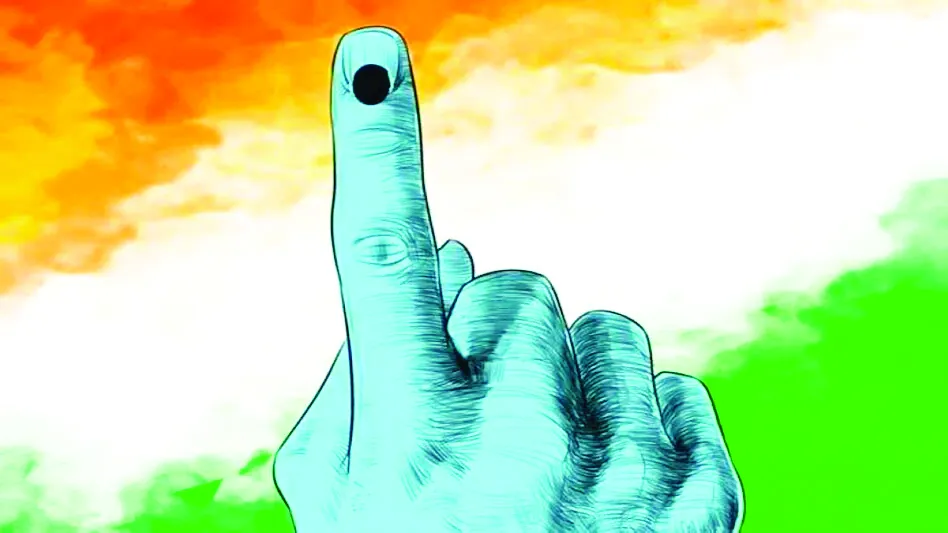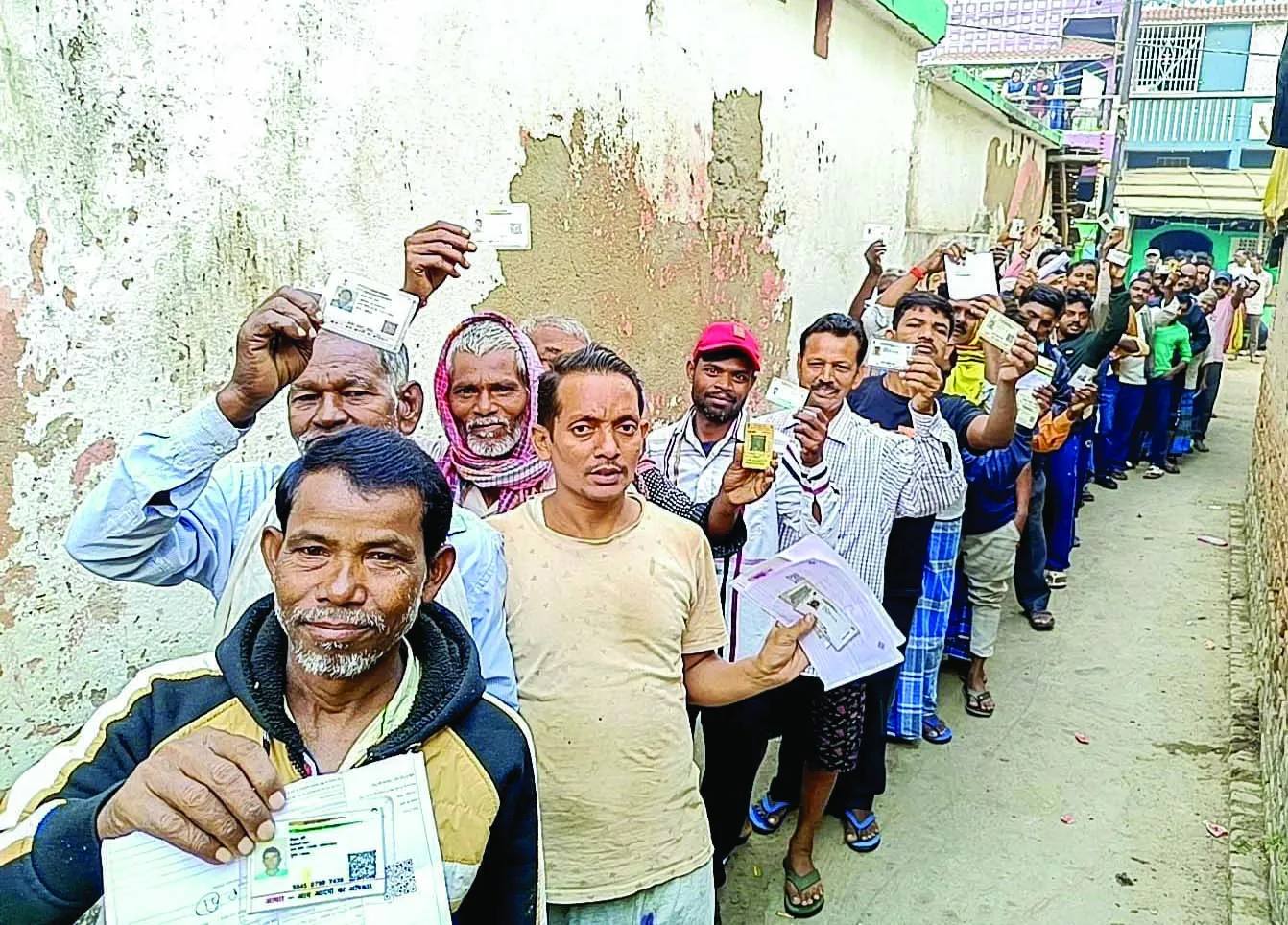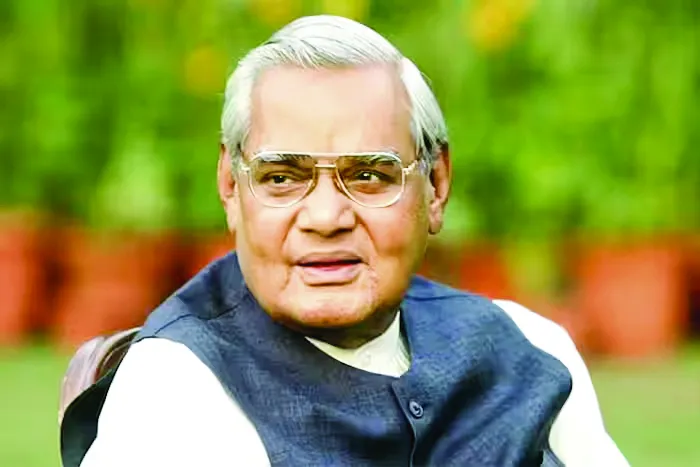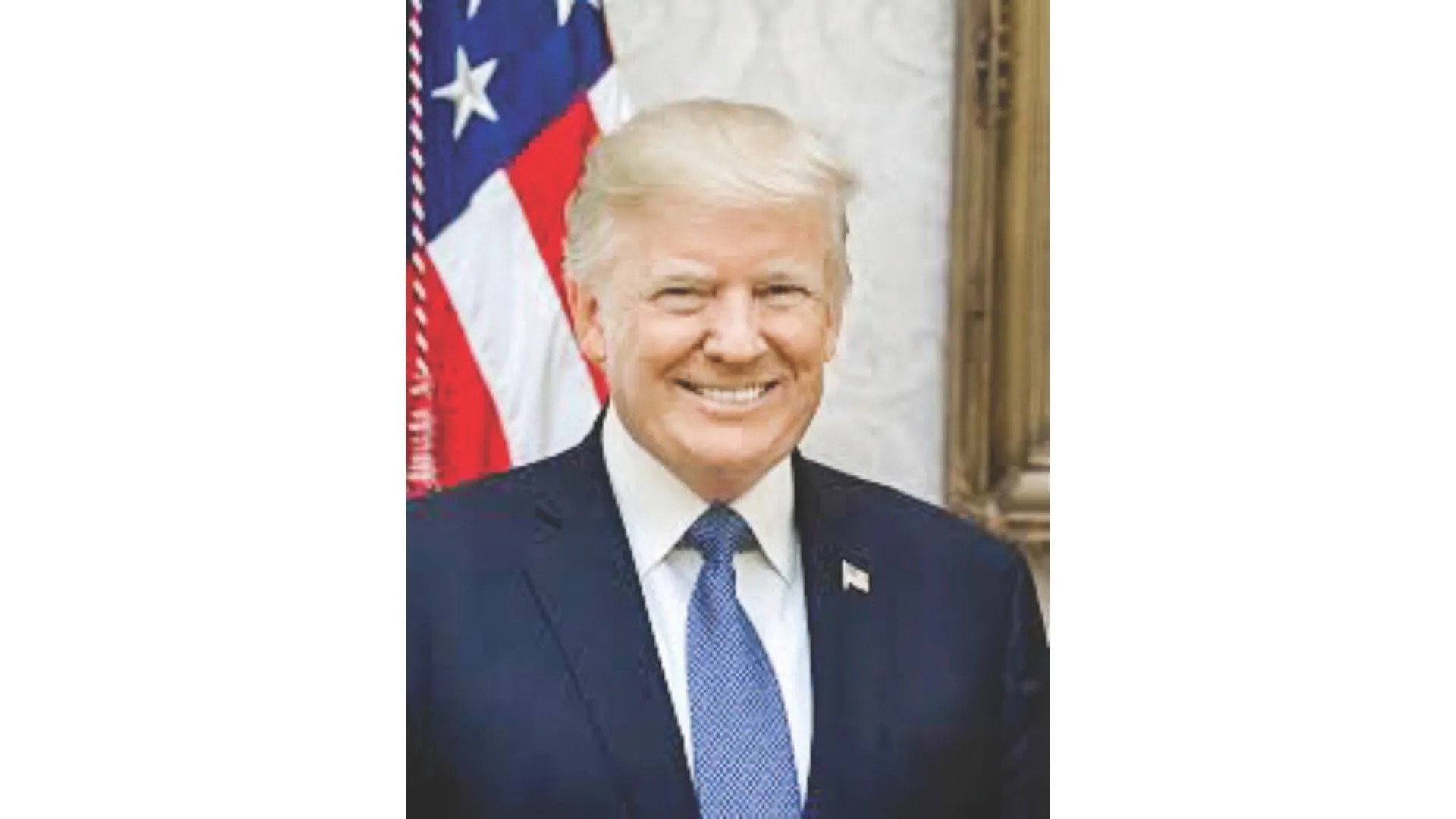It has been over a week since the Maharashtra results but the BJP is still to announce its chief ministerial nominee. Given the fact that the BJP is the largest party in the Mahayuti coalition, as well as the fact that the state campaign was led by the outgoing deputy Chief Minister Devendra Fadnavis, the choice should have been an easy one. But there is a lot more at stake. For starters, there is coalition dharma (and drama) at play. Eknath Shinde who is also the outgoing Chief Minister is not ready to give up his seat and has thrown a full scale sulk that has grabbed national headlines. If not the CM’s post, he definitely wants the Home Ministry as a consolation prize. But that is a portfolio the BJP will never part with for therein lies control of the state’s security and intelligence apparatus.
As far as the numbers are concerned, the Mahayuti’s other ally and the politically sharp Ajit Pawar has offered a way out. His numbers alone will ensure a BJP government in the state and he has stated that the NCPs support is for Devendra Fadnavis. What is left unsaid is that Pawar is not keen to support Eknath Shinde’s candidature as the two have an ongoing turf war for the Maratha vote as well as to become Maharashtra’s most powerful regional party. With both Uddhav Thackeray’s UBT and Sharad Pawar’s NCP facing existential issues, that slot is left open for Shinde and Ajit Pawar.
However the BJP is reluctant to annoy Shinde. For one he enjoys a good equation with the party’s leadership in Delhi. Both the Prime Minister and the Home Minister enjoyed his performance oriented, non controversial governance style. Second, promoting Devendra would also put him in line for the leadership stakes in the post Modi scenario. That is something that the Delhi leadership will be weighing in. Third and perhaps the most important factor working against Fadnavis is his caste. Being an upper-caste that would ensure the BJP has a Brahmin and a Thakur as Chief Ministers in two of the country’s most powerful states – Maharashtra and Uttar Pradesh. How would that play out with the party’s bid to woo the OBCs and Dalits? More so, the crucial BMC elections are around the corner and for these the alliance will need the Shiv Sena’s base in the city. More so, as Uddhav Thackeray will also be looking at these elections to make a comeback of sorts.
Having said this, at this point it would not be easy to deny Fadnavis the top job. He has played a loyal soldier and agreed to be Deputy Chief Minister to Eknath Shinde once before. This election was fought both on his candidature as well as Prime Minister Modi’s double engine sarkar – but this is an argument that Shinde makes as well, for he was the outgoing chief minister and it was his track record on trial along with that of the BJP’s, perhaps more so.
Fadnavis has the RSS support, as well as Ajit Pawar’s. Most of all there is no blemish on his track record to deny him the top post. Plus, he has already made one sacrifice.
Therein lies the rub. Remember the old adage – it is the crying baby who gets the milk. In politics, as in life, blind obedience does not always get the desired results. That is how revolutions are born. It remains to be seen if Fadnavis has it in him to throw a tantrum of his own, and get the job he so badly wants. And, some would say, deserves.
Priya












